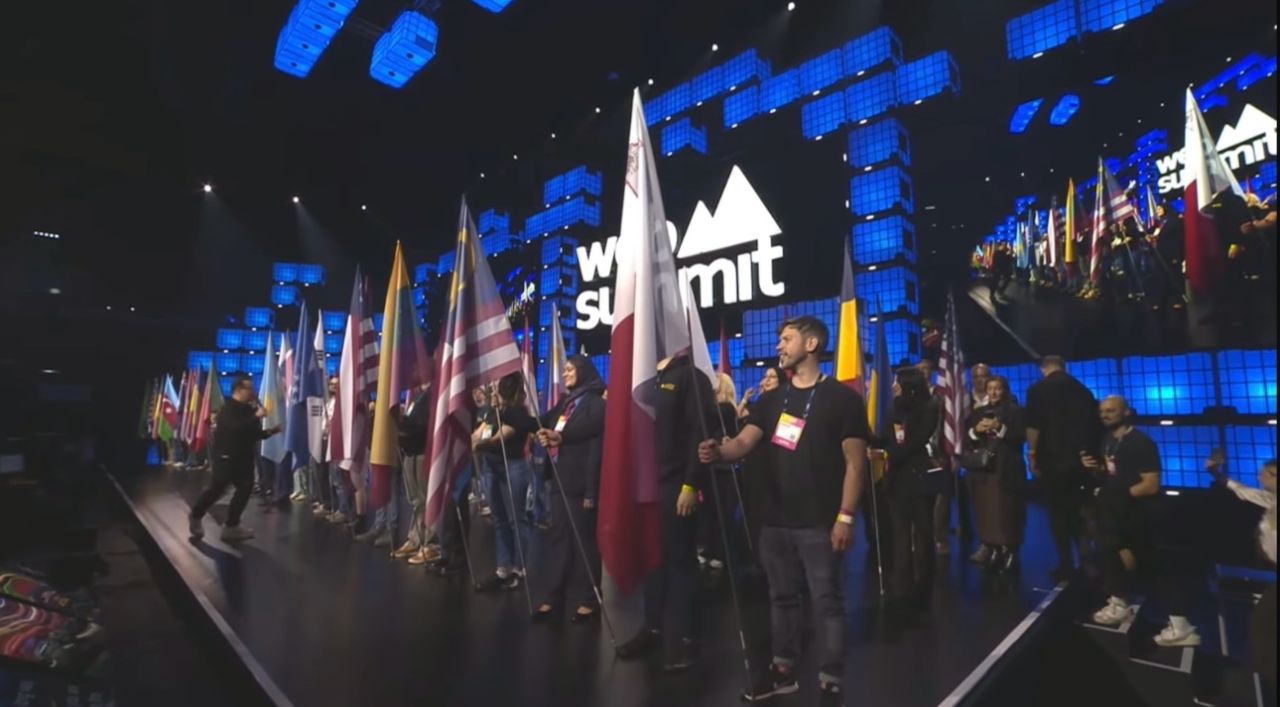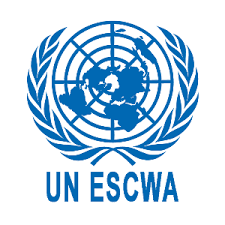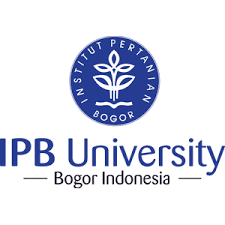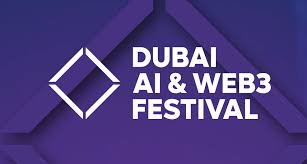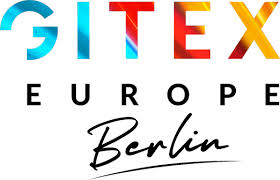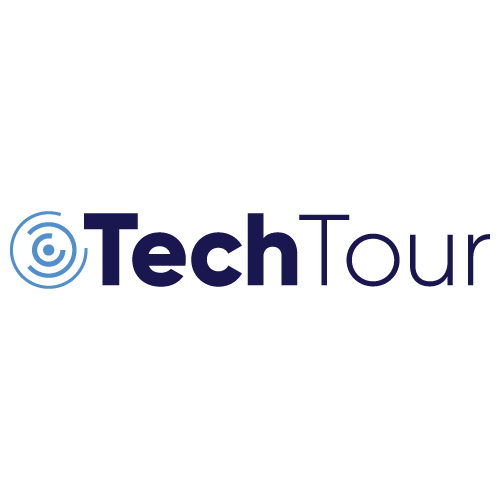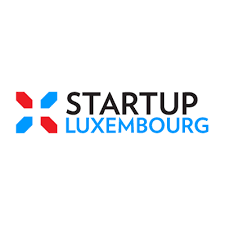DCarbonX
Blockchain-based Carbon Credit CRM Software
DCarbonX is an enterprise-grade, blockchain-based CRM software for carbon credits. DCarbonX enables the issuance, sale and tracking of fractionalised carbon credit NFTs. The software enhances the efficiency of the sales cycle of carbon credits by reducing it to minutes from weeks, and results in a cost savings of more than 50%. DCarbonX is a subscription software for corporates licensed to generate carbon credits.
How can we help you?
Our main target is Voluntary Carbon Market with its projected growth from $8B (2022) to $100B (2030). The potential customers (Corporates, SMEs, Banks) can log impact of climate actions, track, resell credits with DCarbonX and have a real-time quantitiative environmental impact of their climate efforts.
Most of our potential clients have announced climate commitments in the last 1-2 years and in the run up to 2030, there will be an increasing need of our solution to fulfil climate goals of 2030 and 2050. Our solution comes at a time where there is a need to combat greenwashing.
DCarbonX is an initiative to resolve the issues around logging of climate credit sales, greenwashing, long sales cycle and auditing complexities.
Our overview of the problems is from the customer's perspective, where we focused on the key growth drivers of the sector to develop DCarbonX. Our main focus right now is on business development with climate leaders, SBTi commitments and tying up with diverse corporates to ensure that the climate efforts are validated, transparent and result in the outcome to attaining the 2030 goals. We see our solution being pivotal in recording climate efforts and ensuring that the auditing bodies have an accurate picture of the efforts being made by organisations.
Frequently Asked Questions
What is DCarbonX?
DCarbonX is a blockchain-based carbon credit CRM software, developed by Nash FintechX. It allows the issuance, sale, tracking, and trading of carbon credit certificates as fractionalised NFTs on Algorand blockchain, providing real-time transparency and traceability for carbon credit transactions.
What makes DCarbonX different from its competitors?
DCarbonX is easier to use than traditional blockchain tools, has very low transaction fees, supports fractionalised NFTs, integrates with existing business processes, and runs on a carbon-negative blockchain (Algorand), making it both user-friendly and environmentally sound.
Who can use DCarbonX?
DCarbonX is ideal for corporates, SMEs, and governments aiming to meet sustainability targets, trade carbon credits, or ensure transparent carbon accounting across their value chains.
How does DCarbonX support small players like SMEs?
DCarbonX offers a low-cost, intuitive interface for SMEs to create, sell, and resell carbon credits as NFTs. Fractionalisation allows smaller investments and easy entry into carbon trading, democratizing access to the carbon market.
Is using blockchain necessary for carbon markets?
While not mandatory, blockchain significantly enhances trust, traceability, and fraud prevention in carbon markets. DCarbonX uses blockchain to ensure every transaction is immutable, verifiable, and transparent.
How do carbon credit NFTs differ from traditional digital assets?
DCarbonX leverages NFTs not for speculative trading, but as digitally verifiable representations of certified carbon credits. These NFTs enable secure, traceable, and tamper-proof transactions, ensuring each credit's integrity throughout its lifecycle.
What is the strategic value of fractionalised NFTs in carbon markets?
Fractionalisation allows larger carbon credits to be divided into smaller, tradable units, thereby increasing market accessibility, enhancing liquidity, and enabling broader participation from corporates and SMEs without large upfront capital requirements.
What is the environmental impact of using blockchain in DCarbonX?
DCarbonX uses Algorand, a carbon-negative blockchain platform. This ensures that the digital infrastructure itself does not add to the carbon footprint but supports sustainability goals.
How does DCarbonX improve transaction efficiency compared to traditional systems?
DCarbonX enables real-time transaction settlements through blockchain smart contracts. This reduces the typical transaction cycle from several days to minutes, significantly improving operational efficiency and reporting timelines.
Does DCarbonX support public-facing sustainability disclosures?
Yes. Upon purchase of carbon credits, DCarbonX generates blockchain-verified certificates and shareable QR codes. These tools enhance brand transparency and support corporate ESG communication strategies.
Is prior knowledge of blockchain necessary to use DCarbonX?
No technical background is required. DCarbonX has been designed with a user-friendly interface that abstracts the complexities of blockchain, allowing seamless integration into existing workflows without the need for additional technical resources.
How does DCarbonX mitigate risks associated with greenwashing?
By storing all transactions on Algorand blockchain, DCarbonX ensures full traceability and auditability. This level of transparency allows corporates to validate climate action claims with confidence and compliance.
What are the future plans for DCarbonX?
Nash FintechX aims to integrate a sales recommendation tool into DCarbonX to enable corporates to buy the carbon credit certificates that best satisfies their requirements.
We have worked with
Supported by


Presenters at
Mentioned in
Our Recognitions
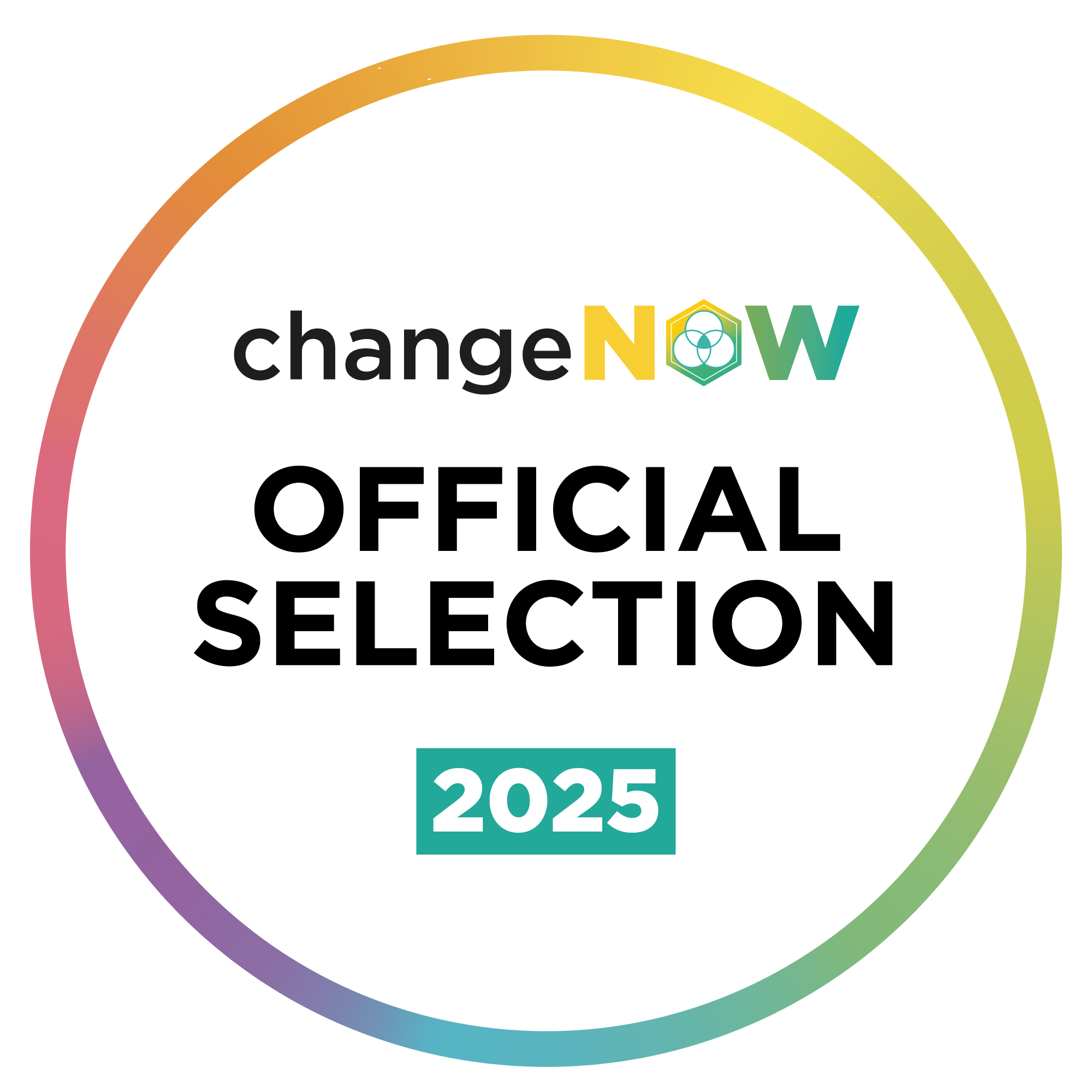
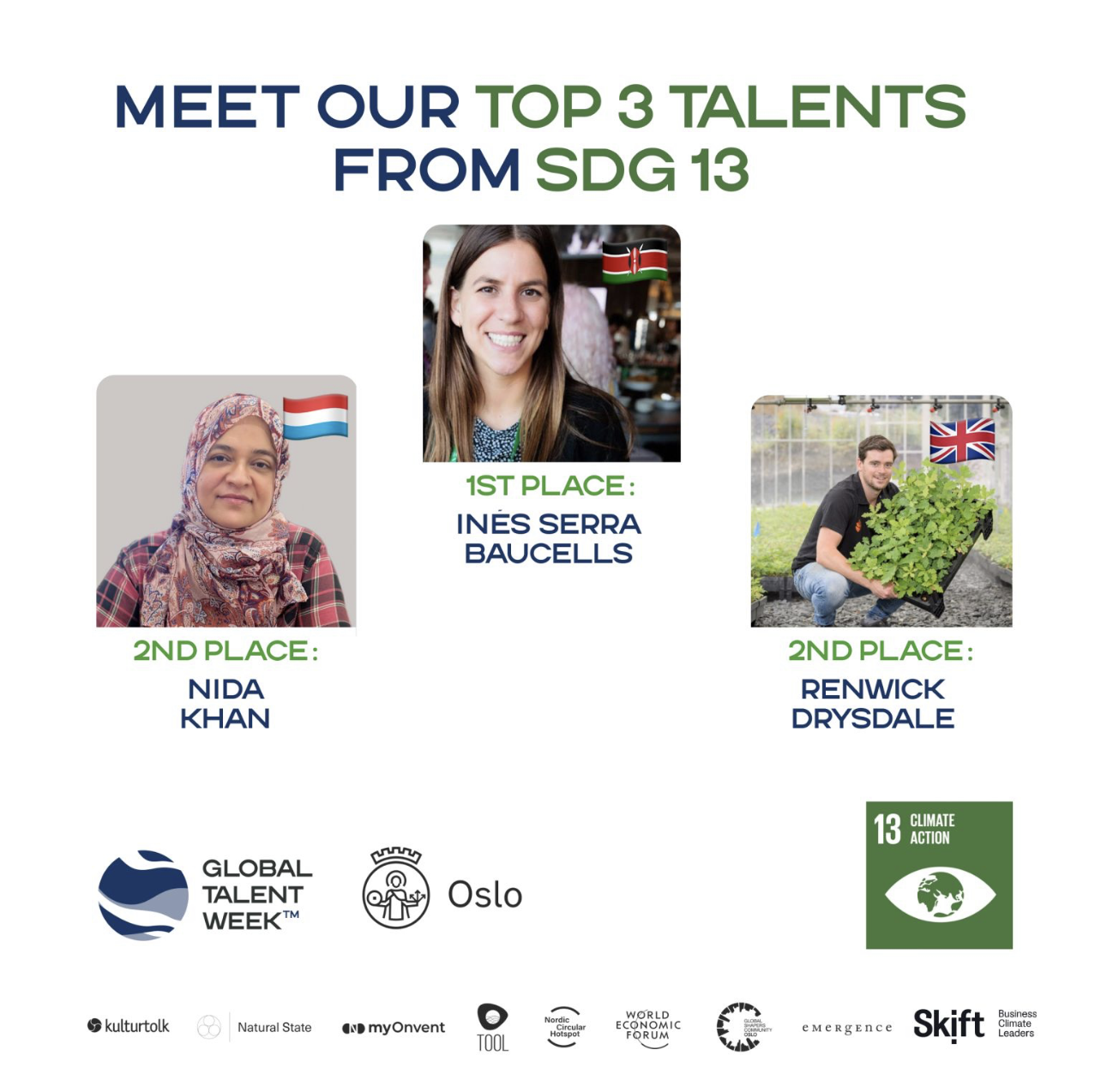
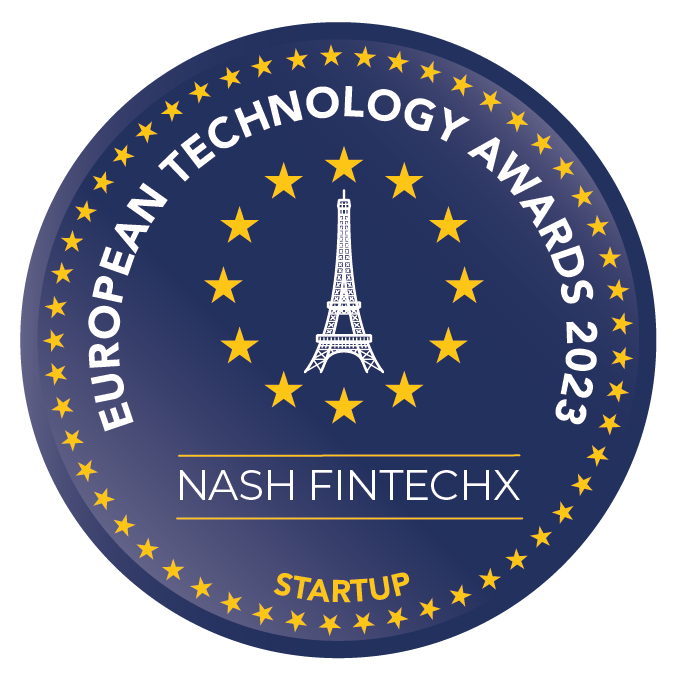
Support by Notable Figures
Our Reflections
Carbon Markets & Blockchain
What is a Carbon Offset?
Web 3.0, Metaverse & NFTs
Metaverse & NFTs Explained
Our Blog
Research Report on NFTs
The report provides a summary of the key venture considerations relating to investment and predictions based on the strategic growth of the non-fungible token (NFT) ecosystem. The report was authored by our CEO, Dr. Khan, who won the VC Scholar (venture capital training) program, where the report was one of the deliverables. The VC Scholar program was conducted by MiddleGame Ventures in partnership with the LHoFT, Luxembourg.
The future of fintech in Europe
Emerging technologies, cybersecurity and regulations are all supporting pillars of fintech. What would be the impact of COVID-19 on fintech?
Blockchain for developing economies: India
Blockchain as an immutable, distributed ledger accords power to the people. Can it solve the issues related to Adhaar card in India?

